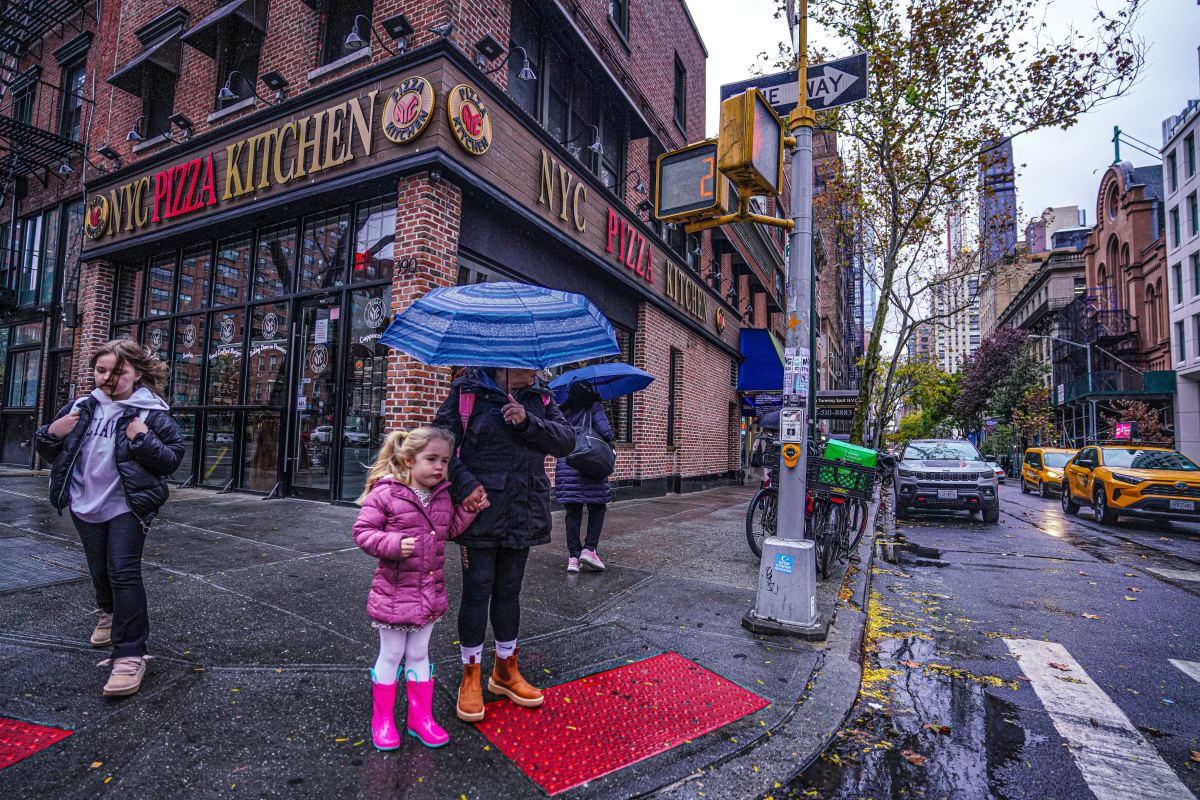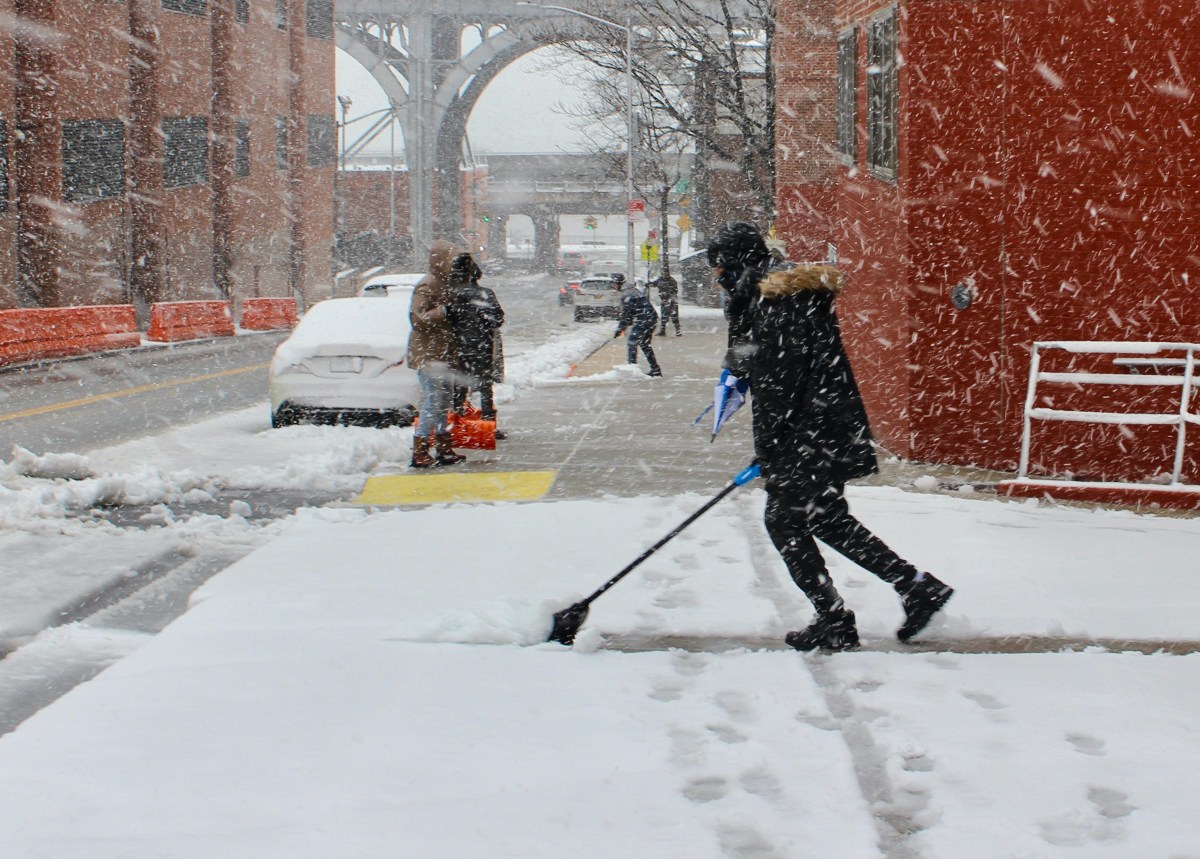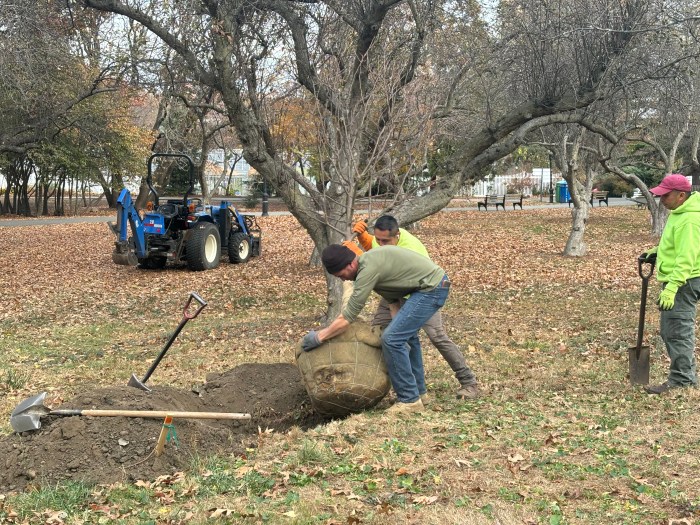In the past decade, southeast Queens and the term “flooding” have become synonymous. Residents from Rosedale to St. Albans experience ponds, streams and rivers reminiscent of biblical plagues whenever it rains.
While the needs of residents within this region of Queens vary widely, every community has expressed concern regarding flooding and its negative impact on their quality of life.
Some industry experts attribute the frequent flooding to the rising water table beneath many of the homes in City Council Districts 27 and 31, along with the cessation of the pumping of the groundwater wells owned and previously operated by New York City.
Since the late 19th century, the Jamaica Water Supply Co. provided clean and reliable water for residents in Queens and Nassau County. The city eventually purchased the wells from the company solely for use within the five boroughs.
In the past decade, the city Department of Environmental Protection shuttered the last operating well but recently reconsidered its position and is exploring reopening the wells as a possible source of water as it works to repair a section of the Delaware Aqueduct.
As a resident of southeast Queens and the newly appointed chairman of the Council Environmental Protection Committee, I am personally and professionally invested in finding a solution to the ongoing flood problem.
For fiscal year 2015’s capital plan, I am happy to report that DEP has budgeted $426 million in capital investment for our community: $143 million allocated to restore groundwater in southeast Queens, $194 million to upgrade sewers and $89 million to restore and expand waterways.
As DEP continues to fulfill its mandate to provide clean and readily available water for the more than 8 million residents residing in New York City, it is truly remarkable to see that the needs of our community will finally be prioritized.
The appropriation of $143 million in DEP’s capital budget specifically calls for the reactivation of 23 groundwater wells in southeast Queens. The wells will largely function as a mitigation measure to address the eventual reduction of the drinking water supply during the restoration of the Delaware Aqueduct tunnel, also known as the Roundout Bypass Construction.
My colleague Councilman I. Daneek Miller (D-St. Albans) and I are excited about the positive impact this project may have on mitigation and applaud DEP’s efforts to study this further. Along with the prospect of alleviating flooding, our constituents are also concerned about the rising costs of water utilities.
While this year’s 3.35 percent rate increase was the lowest in nearly a decade and a victory for our residents, they must be reassured that DEP has developed cost-saving measures that will benefit them.
Additionally, we would encourage the agency to fully support water assistance programs to families facing economic insecurity in our respective districts. At this juncture, we are calling upon DEP to release specifics regarding the plan and a comprehensive report on the expected outcome of reintegrating the Queens groundwater back into the system.
I believe this current administration is poised to deliver the needed services for residents in southeast Queens, but our offices will be there, along with activists and other community leaders, to see that meeting our needs remains a priority.
Donovan Richards
Councilman
(D-Laurelton)



































